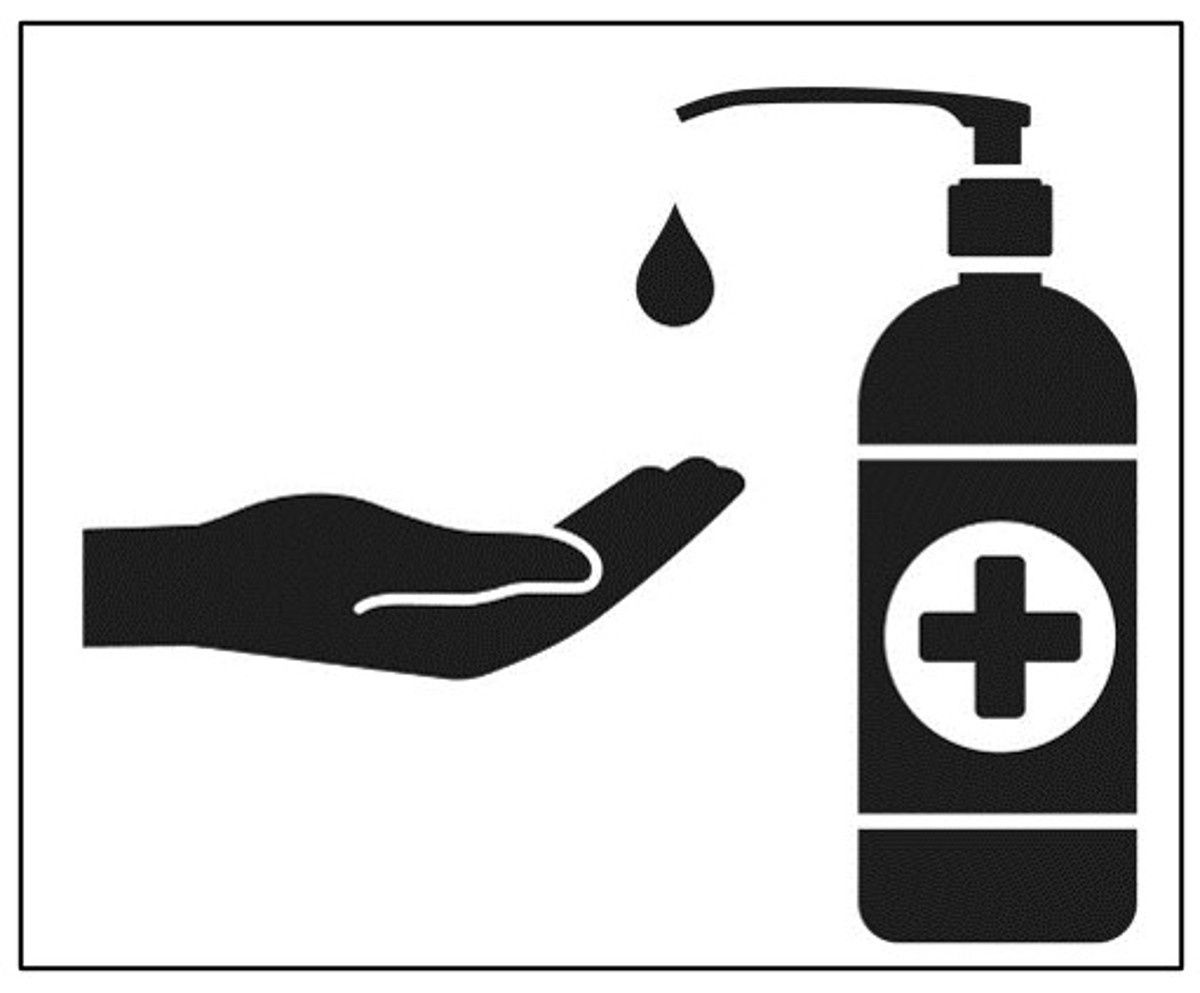Infection: a scratched elbow turns into an LTI
- Safety Flash
- Published on 20 June 2022
- Generated on 14 July 2025
- IMCA SF 15/22
- 2 minute read
Jump to:
A technician banged an elbow which caused an infection, leading to and LTI.
What happened?
A technician banged an elbow whilst climbing out from under the slipring on a wind turbine generator. The technician notified the site manager that it was just a little scratch, and resumed work. Three days after the incident it started to get red. The following day, four days after the incident, the technician went to hospital and was started on antibiotics. The technician returned to work two days later and the infection appeared to have got worse. The infection that had set in over the week now required surgery to clean out the area of infection as the antibiotics did not work. What had initially started as a first aid case that was not properly cared for turned into an LTI and a much more significant injury to the technician.

What went right?
- The technician properly reported the incident to the supervisor.
- As the injury/infection got worse, the technician sought additional care to address the issue.
What went wrong?
- The technician and supervisor did not appropriately address the cut on the elbow with proper first aid techniques to clean the wound.
- The technician waited too long to address a worsening infection to the point that surgery became necessary.
What was the cause?
- Difficult ergonomics in the work area contributed to the original incident.
- Improper first aid treatment and wound care.
- Improper incident management and follow-up care.
Lessons learned
Even minor incidents, small scratches, bumps/bruises, strains/sprains, etc. should be properly cared for and followed up on so that they do not become a more significant issue and put the individual’s health and wellbeing at greater risk.
Actions
- Reinforce first aid training:
- Infection control and wound hygiene during first aid: Ensure a full understanding of the importance of proper cleaning of cuts, grazes, burns etc.
- Ensure that wounds can heal appropriately to avoid infection.
- Ensure good communication and that seemingly “minor” incidents are being followed up on from supervisor to employee.
Related Safety Flashes
-
IMCA SF 26/17
20 October 2017
-
-
IMCA SF 18/15
19 November 2015
IMCA Safety Flashes summarise key safety matters and incidents, allowing lessons to be more easily learnt for the benefit of the entire offshore industry.
The effectiveness of the IMCA Safety Flash system depends on the industry sharing information and so avoiding repeat incidents. Incidents are classified according to IOGP's Life Saving Rules.
All information is anonymised or sanitised, as appropriate, and warnings for graphic content included where possible.
IMCA makes every effort to ensure both the accuracy and reliability of the information shared, but is not be liable for any guidance and/or recommendation and/or statement herein contained.
The information contained in this document does not fulfil or replace any individual's or Member's legal, regulatory or other duties or obligations in respect of their operations. Individuals and Members remain solely responsible for the safe, lawful and proper conduct of their operations.
Share your safety incidents with IMCA online. Sign-up to receive Safety Flashes straight to your email.